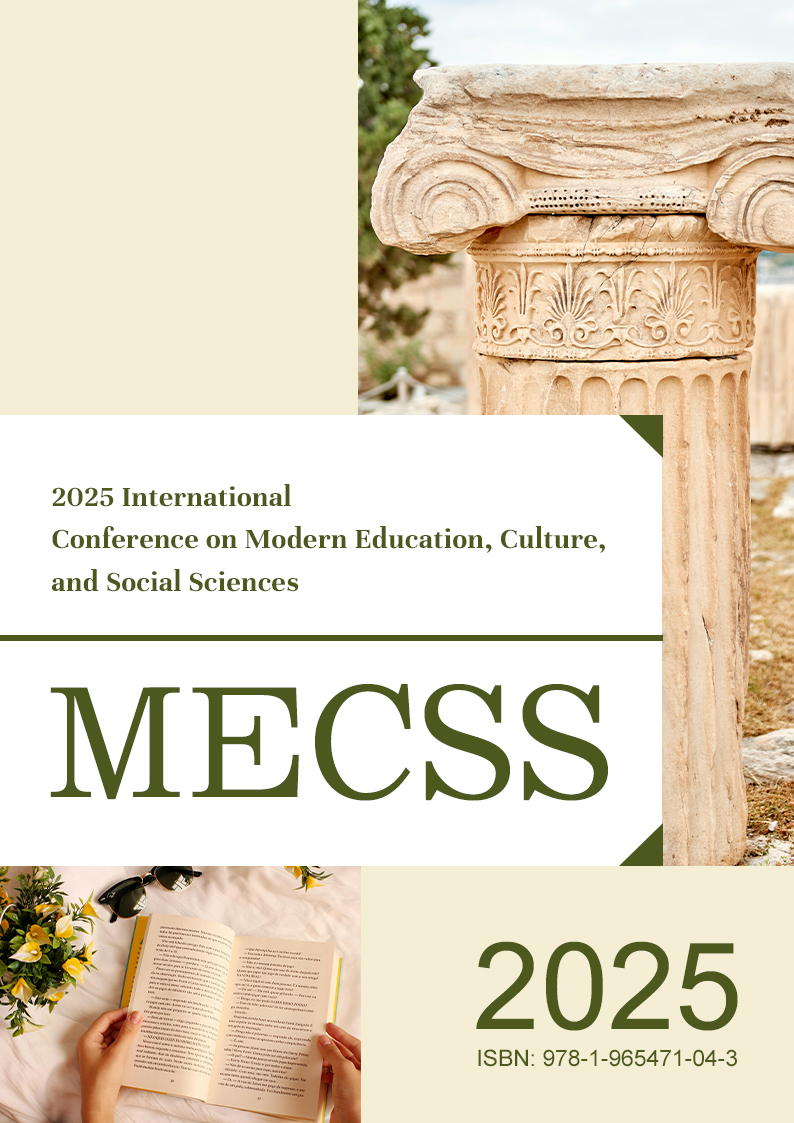Exploring the Pathways of Vocational Mission Education for College Students in the New Era

Authors:
Liang Zhang, Yi Zhang
Keywords:
Sense of professional mission; Educational mechanisms; Professional features; Placemaking
Doi:
10.70114/ahmer.2025.2.1.P1
Abstract
College students constitute the backbone of future society and bear the critical responsibility of fostering social and national prosperity. They must not only acquire specialized knowledge but also cultivate excellent professional qualities, uphold ethical standards, and embrace social responsibility. Under new social circumstances, colleges and universities should explore and innovate in the development of vocational mission cultivation pathways, adapting to the new era by integrating curriculum design, educational mechanisms, and environmental shaping. Curricula should align with societal needs and student career orientations, emphasizing the integration of theory and practice while promoting the deep fusion of ideological and political education with professional courses. Moreover, optimizing educational mechanisms is essential. Universities should enhance interdisciplinary and interdepartmental collaboration to form an educational synergy, achieving a "Three All-Round Education" model characterized by full participation and comprehensive coverage throughout the educational process. Colleges and universities should reinforce students' sense of vocational mission and social responsibility through the construction of campus culture, such as leveraging school badges and mottos, thereby enhancing the effectiveness of vocational mission education


